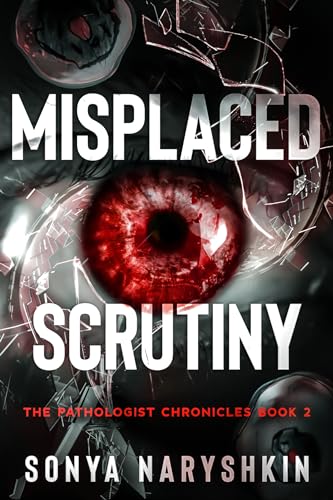Urban education and its contexts have changed in powerful ways. Old paradigms are being eclipsed by global forces of privatization and markets and new articulations of race, class, and urban space. These factors and more set the stage for Pauline Lipman's insightful analysis of the relationship between education policy and the neoliberal economic, political, and ideological processes that are reshaping cities in the United States and around the globe.Using Chicago as a case study of the interconnectedness of neoliberal urban policies on housing, economic development, race, and education, Lipman explores larger implications for equity, justice, and "the right to the city". She draws on scholarship in critical geography, urban sociology and anthropology, education policy, and critical analyses of race. Her synthesis of these lenses gives added weight to her critical appraisal and hope for the future, offering a significant contribution to current arguments about urban schooling and how we think about relations between neoliberal education reforms and the transformation of cities. By examining the cultural politics of why and how these relationships resonate with people's lived experience, Lipman pushes the analysis one step further toward a new educational and social paradigm rooted in radical political and economic democracy.


